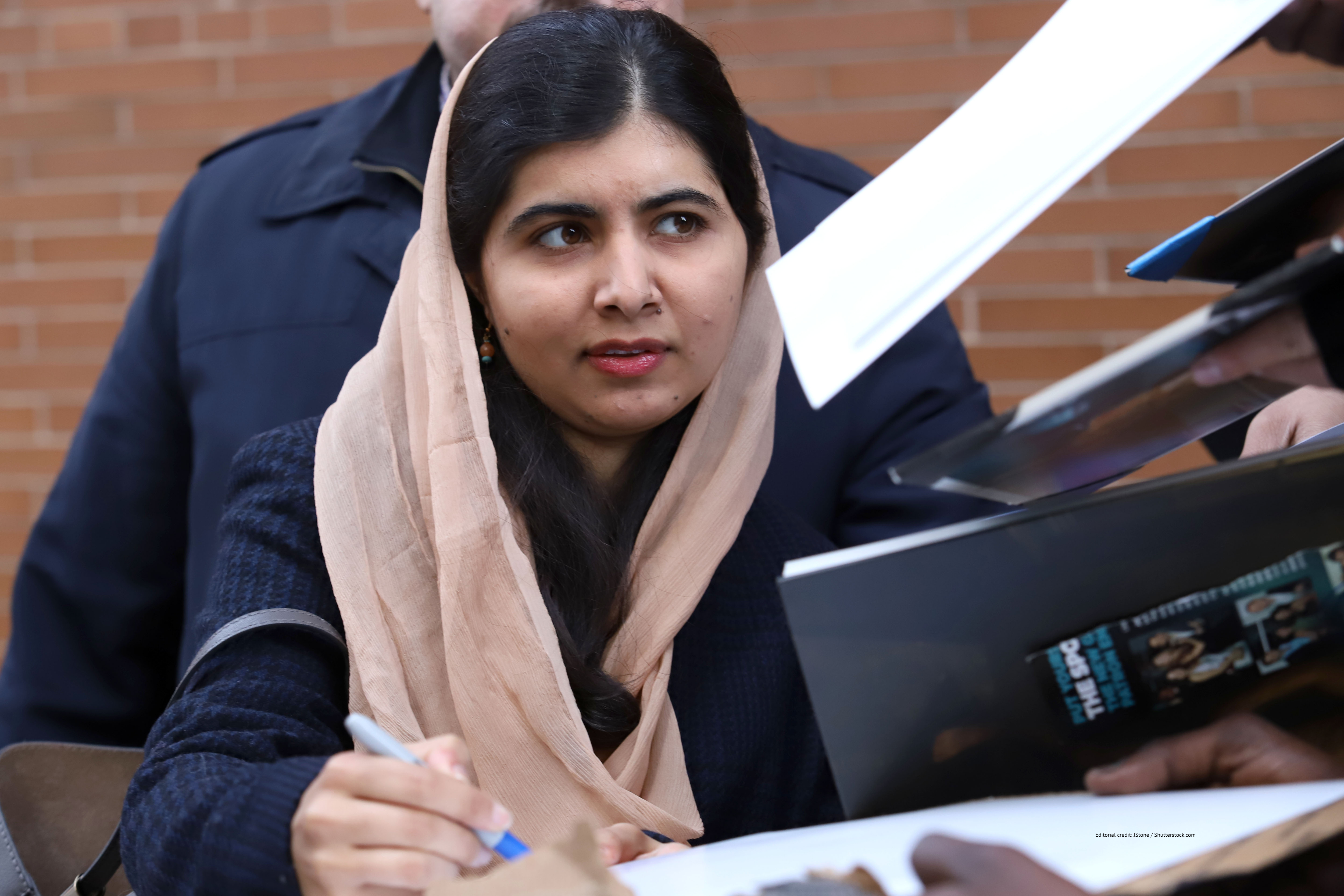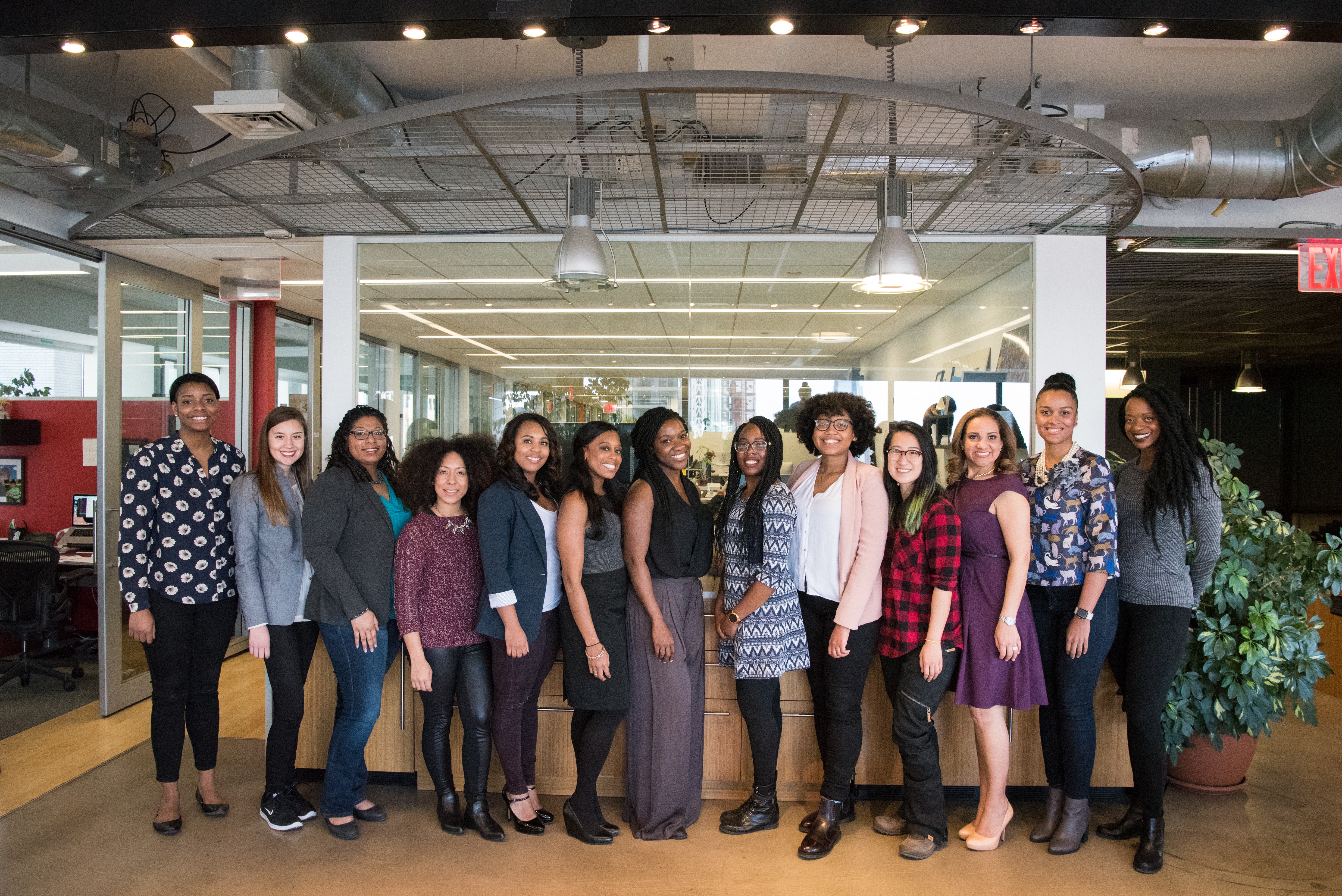Women’s History Month has been observed in March since 1987. It is a celebration of women’s contributions to history, culture and society. Each year, the National Women’s History Alliance chooses a different theme to showcase women who have made a dramatic difference in our society. The 2019 theme is Visionary Women: Champions of Peace and Nonviolence. These are women who have led efforts to end war, violence and injustice and pioneered the use of nonviolence to change our society.
Here are a few amazing women who have brought about positive change for all and paved the path for further generations to continue their efforts.
Susan B. Anthony (1820-1906)
Susan B. Anthony was raised in the Quaker tradition of nonviolence and was influenced by her parents with a sense of independence and social justice. She was collecting anti-slavery petitions at the age of 17. She became the New York State agent for the American Anti-Slavery Society in 1856. After meeting fellow suffragist, Elizabeth Cady Stanton, the two women formed the New York State Temperance Society after she was prevented from speaking at a temperance meeting because of her gender. They founded the Women’s Loyal National League to petition against slavery. In 1869, they founded the National American Suffragette Association. Ms. Anthony was arrested in 1872 for voting as a woman in her home town of Rochester, New York which led to a highly publicized trial and a fine she refused to pay. Ultimately, it resulted in a grant by Congress in 1878 for an amendment giving women the right to vote. Anthony became known as the “Napoleon of Feminism” and is remembered today as one of the most historically significant advocates for women’s rights.
Rosa Parks (1913-2005)
Rosa Louise McCauley Parks was an American activist in the civil rights movement best known for her pivotal role in the Montgomery Bus Boycott. The U.S. Congress has called her “the first lady of civil rights.” On December 1, 1955 in Montgomery, Alabama, she refused to give up her seat in the colored section of the bus to a white passenger after the white section was full. Her prominence in the community and willingness to become a controversial figure inspired the black community to boycott the Montgomery buses for over a year. Her act of defiance became an important symbol of the civil rights movement. Rosa organized and collaborated with civil rights leaders. Shortly after the boycott, she moved to Detroit and did similar work there. She wrote her autobiography and continued to insist that the struggle for justice was not over.
Mother Teresa (1910-1997)
Mother Teresa Bojaxhiu was an Albanion-Indian Roman Catholic nun and missionary. In 1950, she founded the Missionaries of Charity, a Roman Catholic religious congregation which has over 4500 nuns and was active in 133 countries as of 2012. It manages homes for people dying of HIV/AIDS, leprosy, and tuberculosis, soup kitchens, dispensaries and mobile clinics, children’s and family counseling programs, orphanages and schools. Members who take vows of chastity, poverty and obedience, also take a fourth vow “to give wholeheartedly free service to the poorest of the poor.” Mother Teresa received the Nobel Peace Prize in 1979 and was canonized as a saint on September 4, 1916.

Malala Yousafzai (born 7/12/1997-)
Malala is a Pakistani activist for female education and the youngest Nobel Prize laureate at age 17. She is known for human rights advocacy, especially the education of women and children in her native home of Swat Valley in northwest Pakistan where the Taliban had at times banned girls from attending school. Her advocacy has grown into an international movement and according to the Pakistani Prime Minister, Shahid Khaqan Abbasi, she has become the “most prominent citizen of the country.” Her family ran a chain of schools in the region and Malala was inspired by her father’s thoughts and humanitarian work. She wrote a blog under a pseudonym for the BBC Urdu detailing her life during the Taliban occupation of Swat. The following summer, a New York Times documentary was made about her life as the Pakistani Military intervened in the area. On October 9, 2012, while on a bus after taking an exam, Malala and two other girls were shot by a Taliban gunman in an assassination attempt in retaliation for her activism. Malala was hit in the head and remained in critical condition in the hospital. She improved and this created an international outpouring of support for her. The Taliban was internationally denounced by governments, human rights organizations and feminist groups. They responded by promising a second assassination attempt on Malala. After her recovery, she became a prominent activist to the right for education and established the Malala Fund, a nonprofit, and in 2013, she co-authored a book, “I am Malala”, an international best seller. In 2015, Time magazine put her on the cover as one of the most influential people globally. From 2013-2017, she attended Edgbaston High School and is currently studying for her bachelor’s degree in Philosophy, Politics and Economics as Lady Margaret Hall in Oxford. There is no doubt that we will see more of her amazing efforts in the future.
It is so important to learn about inspiring women during Women’s History Month, and every month. Whether you agree or disagree. with their interests and causes, they still have managed to become role models and achieve change. Women today are becoming more outspoken and working to achieve great things through peaceful and positive efforts. Share their stories with your family so they can learn about these visionary women of the past and present.


